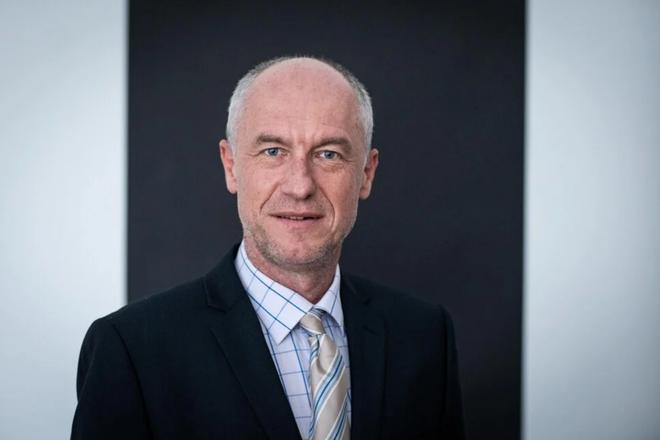Both businesses and households are still awaiting government solutions to the energy crisis. While households are most likely to be protected by the capping of energy prices, the state wants to help companies by compensation. The question is where to get money. The state budget is already strained and the transferring of European funds is not yet certain.
The European Commission is proposing to collect the excess profits of non-gas electricity producers. President Ursula von der Leyen is arguing that production costs are only a fraction of what they collect for the electricity they sell.
The new Economy Minister of Slovakia thinks that Slovakia would not benefit from this model. In his opinion, the creation of a pan-European compensation mechanism is a better solution.
"The money would be in a common fund and distributed among individual states based on calculation," explains KAREL HIRMAN in an interview.

Last week, the government passed a general economic interest, natural gas and electricity measure. What does it signify?
In regards to the general economic interest (VHZ), it is mainly about the possibility of declaring the regime not just if there is a technical accident or malfunction on the gas pipeline or in the network, but also in case of problems with excessively high prices that make electricity and gas unaffordable.
Should that happen, based on the Economy Ministry's proposal the government can determine the price at which electricity and gas will be supplied to consumers, and at the same time order producers to primarily supply it to Slovak consumers.
In such a case it will be necessary to compensate the affected parties, therefore the conditions for declaring the VHZ and state of emergency have to be precisely defined. Finance Ministry colleagues with experience in arbitration proceedings worked on it.
State of emergency does not mean closing borders
According to the explanatory report, a state of emergency can only be declared if prices on the energy markets will be very high for a long time. What time period and prices are we talking about?
That will be up to the government's decision.
Are we talking weeks or months?
Whether the health and lives of citizens are endangered will be crucial. If prices reach and stay at that level, then hospitals, retirement homes and grocery shops will not be able to pay bills and may be cut off from energy supplies. We will have to intervene. In other words, these are circumstances in which we can intervene even in a possible arbitration.
During a state of emergency, the government will be able to tap into energy commodities such as electricity, crude oil, and natural gas. What will this look like in practice?
We will limit or stop the energy flowing out of Slovakia. The amount will depend on the severity of the situation. Don't forget we are talking about extreme measures as a last resort. However, it was necessary to approve the measures now in order to make it clear to everyone, all society, that we consider the situation to be very serious.

Will the government be able to use the Dolné Bojanovice natural gas reservoir in the Czech territory?
Its location in the Czech Republic is not a problem. The reservoir is owned by the state utility SPP-Distribúcia and has always been connected to the Slovak network. However, it is still true that its main function is to maintain the technical operation of the network, which we respect. Unfortunately, I cannot comment in more detail about how individual measures will be implemented.
What if the Czech Republic closes its energy borders?



